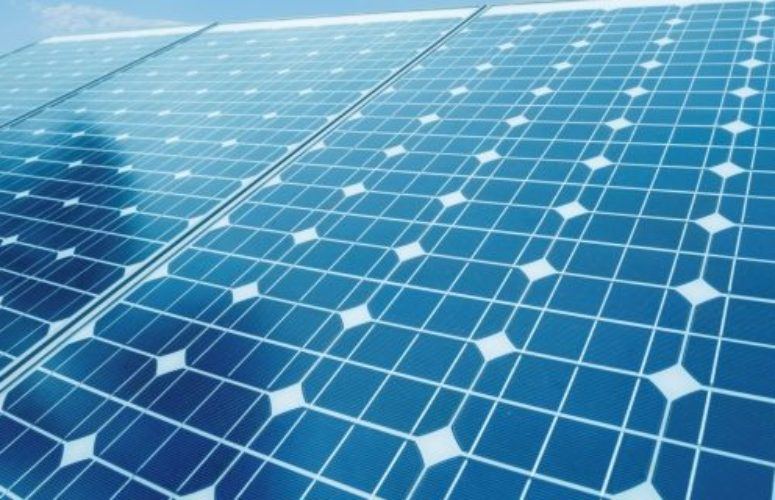
Solar Transition Program Approved by BPU
On Dec 9, 2019The New Jersey Board of Public Utilities (BPU) approved a new solar incentive program to aid in the transition from the current Solar Renewable Energy Certificate (SREC) program. The Transition Incentive will serve as a bridge between the legacy SREC program and a yet-to-be determined successor incentive program and will consist of factorized, fixed-price, 15-year Transition Renewable Energy Certificates (TREC).
TRECs will be available to projects that are in the SREC pipeline as of Oct. 29 but have not yet reached commercial operation at the time the board determines the 5.1% milestone has been reached.
The BPU also announced its intention to hold a cost-cap proceeding in early 2020 to determine the annual value of the TREC, specifically if there is sufficient headroom for a flat 15 year TREC price of $152, or if the board will maintain a lower price of $65 for the first three years and $189 for the remaining 12 years. Over the course of 15 years, the total project incentive will be the same under both scenarios. The price of the TREC, multiplied by the project’s factor (defined below), will be the ultimate value of each TREC.
“Our mission is to achieve 100 percent clean energy by 2050, and we won’t get there without solar power, a critical industry for the state,” said BPU President Joseph L. Fiordaliso. “This transition program brings us another step closer to a more effective, efficient, and sustainable solar energy market for New Jersey that will help us attain our clean energy goals, continue an extremely successful solar program, and protect ratepayers from needlessly high costs. Ultimately, our aim is to balance ratepayer impacts with ensuring a thriving and stable solar industry.”
The Clean Energy Act, signed by Gov. Phil Murphy in May 2018, required the board to adopt regulations that close the SREC program to new applications when 5.1% of the electricity sold in New Jersey comes from solar or by June 2021, whichever comes first. At its December 18, 2018 board meeting, the Board adopted a rule beginning the process of phasing out the current SREC program and developing a new cost-effective initiative that will build upon the success of the state’s current solar process.
The value of each TREC will also be dependent upon the factor assigned to each individual solar project. The Board set the value of each TREC in order to “right size” the incentive value needed for different types of projects in order to reduce costs to ratepayers. The different factorizations are as follows:
| Project Type | Factor |
| Subsection (t): landfill, brownfield, areas of historic fill. | 1.0 |
| Grid supply rooftop | 1.0 |
| Net metered non-residential rooftop and carport | 1.0 |
| Community solar | 0.85 |
| Grid supply ground mount | 0.6 |
| Net metered residential ground mount | 0.6 |
| Net metered residential rooftop and carport | 0.6 |
| Net metered non-residential ground mount | 0.6 |
BPU Staff engaged with stakeholders at multiple points on this topic. On Dec. 26, 2018, staff issued a straw proposal that described a proposed process for the solar transition and seven “Transition Principles.” In response to stakeholder feedback on the December straw proposal and at stakeholder meetings conducted in January and February 2019, Staff proposed developing a separate Transition Incentive, which would serve as a bridge between the legacy SREC program and a to-be-determined successor program.
Regarding the Transition Incentive, BPU staff held two stakeholder workshops in the spring and summer of 2019 and issued a Transition Incentive Staff Straw Proposal, with additional opportunities to comment. Two revised Straws were released in the fall, followed by one additional stakeholder meeting.
To access more business news, visit NJB News Now.
Related Articles:





